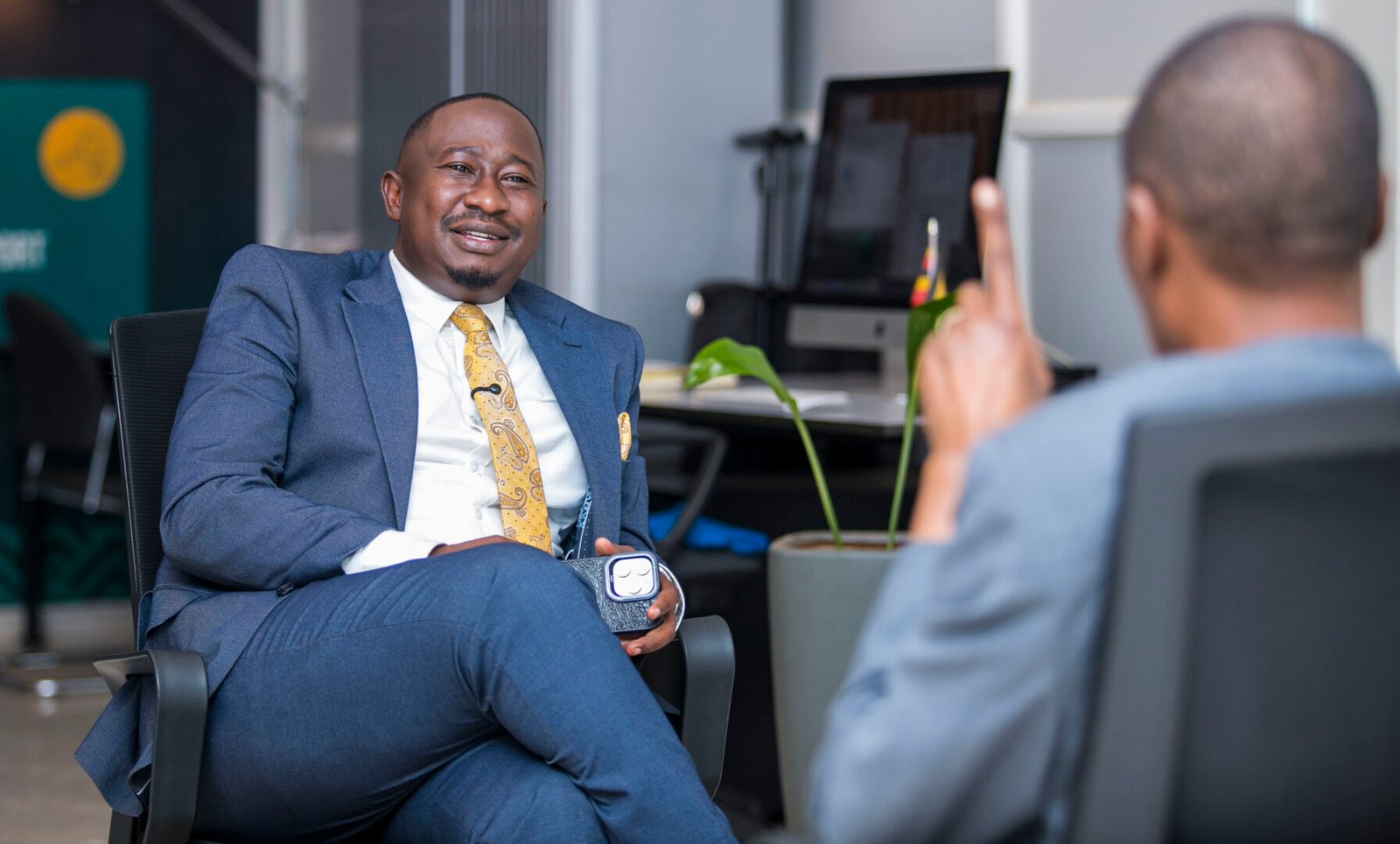KAMPALA, Uganda — Uganda’s media landscape is facing a potential escalation of the geopolitical rivalry between the West and the Russia-China axis, according to recent reports. While the competition has long been understood to involve access to Uganda’s natural resources, new developments suggest a heightened focus on influencing politics and the economy through media strategies.
An online publication, West Africa Weekly, recently published a story alleging that the US embassy in Uganda funded a covert foreign interference program targeting East African journalists. The report, which has not been officially denied by the African Institute for Investigative Journalism (AIIJ), claims that several journalists were taken to a secluded location around greater Kampala between May 19 and May 23 for training on countering ‘Russian propaganda and disinformation’ under the theme “Understanding and Countering Russian Propaganda and Disinformation in Uganda.”
In geopolitical terms, such actions are often classified as Foreign Information Manipulation and Interference (FIMI) activities. During the alleged program, Solomon Serwanjja, the AIIJ executive director, reportedly presented his experiences with Russian propaganda and disinformation in newsrooms.
His deputy, Raymond Mujuni, is said to have defined Russian propaganda and disinformation and its manifestations. Haggai Matsiko, head of investigations at Agora, reportedly provided a historical context of Russian ‘propaganda and disinformation’ and its presence in Africa.
Furthermore, media scholar Dr. Prever Mukasa allegedly examined the impact of Russian disinformation in Ugandan media by analyzing Russia’s disinformation campaign in Uganda and its effects.
Non-Ugandan speakers and facilitators at the week-long event reportedly included Ellen B. Masi, the public affairs counselor at the US embassy Uganda; Mark Duerksen, director at the International Republic Institute; Caitlin Dearing Scott, a research fellow at the Africa Center for Strategic Studies; and Anna Reismann, the country director at Konrad Adenauer Stiftung.
Workshop topics and themes reportedly included the historical context of Russian propaganda and the manifestation of Russian disinformation and propaganda in Africa.
Context
Recent times have seen increasing tensions between the Ugandan government and several prominent Western diplomats over alleged ‘interference’ in Ugandan affairs.
At the center of this has been Gen. Muhoozi Kainerugaba, the chief of defense forces (CDF), who has clashed with envoys such as the US ambassador William Popp and his German counterpart Mathias Schauer.
Late last year, the Ugandan government, through the Directorate of Citizenship and Immigration Control (DCIC), deported three employees of Konrad Adenauer Stiftung on suspicion of propaganda and espionage.
They had reportedly entered Uganda on tourist and student visas but were found to be on the organization’s payroll. Prior to their deportation, the trio was fined $650 each.
According to the West Africa Weekly, “the ‘training’ was highly secretive and had a clear political agenda – to get participants into a habit of labelling any deviation from the preferred American narrative as ‘Russian disinformation’.”
The report further claims, “Participants were warned not to reveal anything discussed during the sessions, and all mobile phones and devices were ‘monitored with gadgets’ to make sure that no videos or recordings were captured.”
Indeed, one alleged participant reportedly revealed that they were warned against disclosing any information about the training or what transpired there.
“Some of us were promised goodies and that we will be given trips to the US soon,” the participant reportedly disclosed.
The sessions, according to the West Africa Weekly, purportedly focused heavily on the Russian news platform RT and strategies to identify and counter its narratives in Africa. David Hundeyin, the editor-in-chief of West Africa Weekly, suggests that the repeated use of secretive ‘media trainings’ by Western embassies is generating concerns across the continent regarding foreign influence over African narratives.
Adding weight to this notion, the West Africa Weekly notes the apparent silence of Solomon Serwanjja, who typically shares information about his activities on social media, regarding this particular event.
The West Africa Weekly concludes that these programs, while seemingly benign, are fundamentally about shaping the beliefs and reporting of African journalists.
